Produced on the occasion of Christopher Williams: Radio/Rauhfaser/Television at Neubauer Collegium for Culture and Society, University of Chicago, 8 February–19 April, 2024. Designed by Petra Hollenbach.
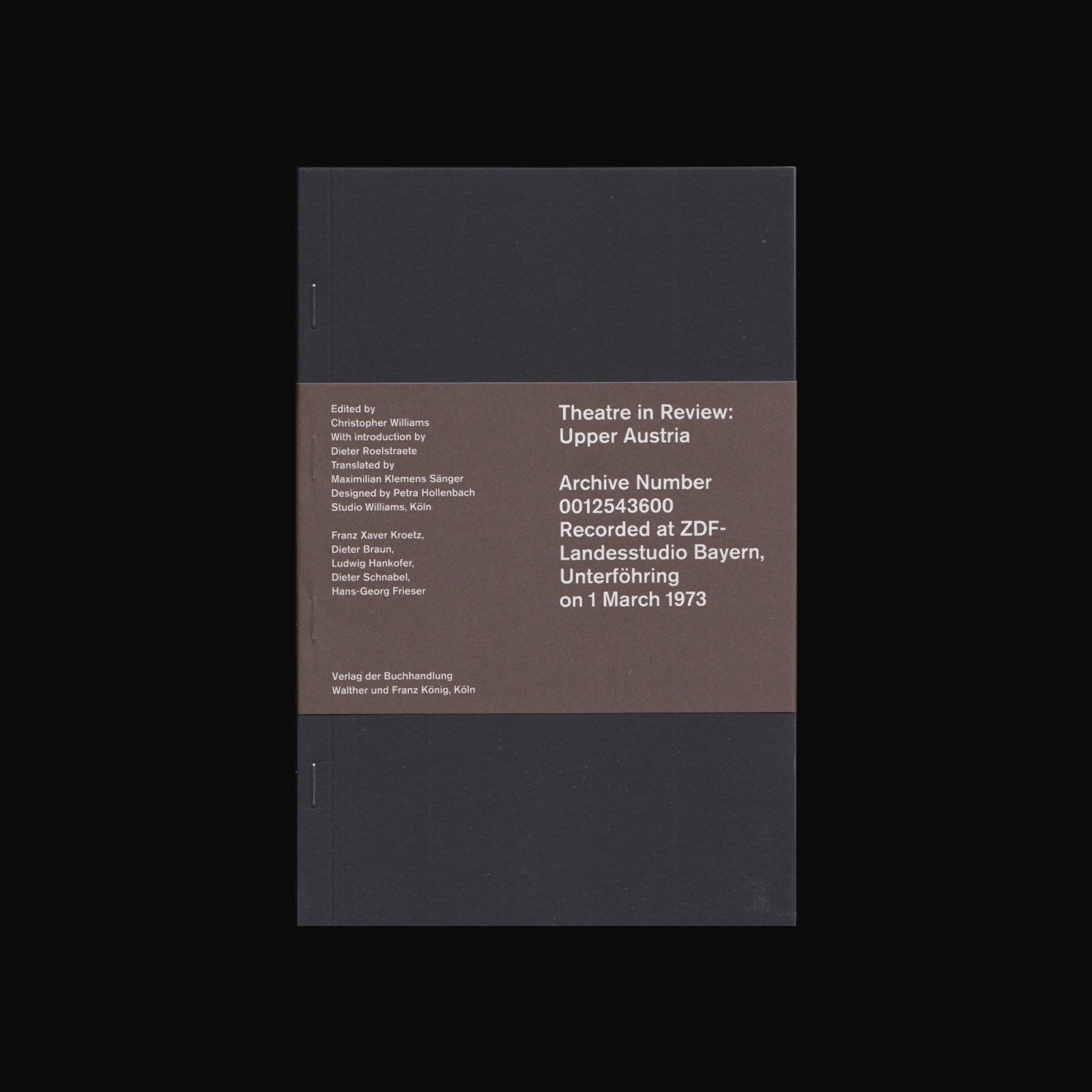
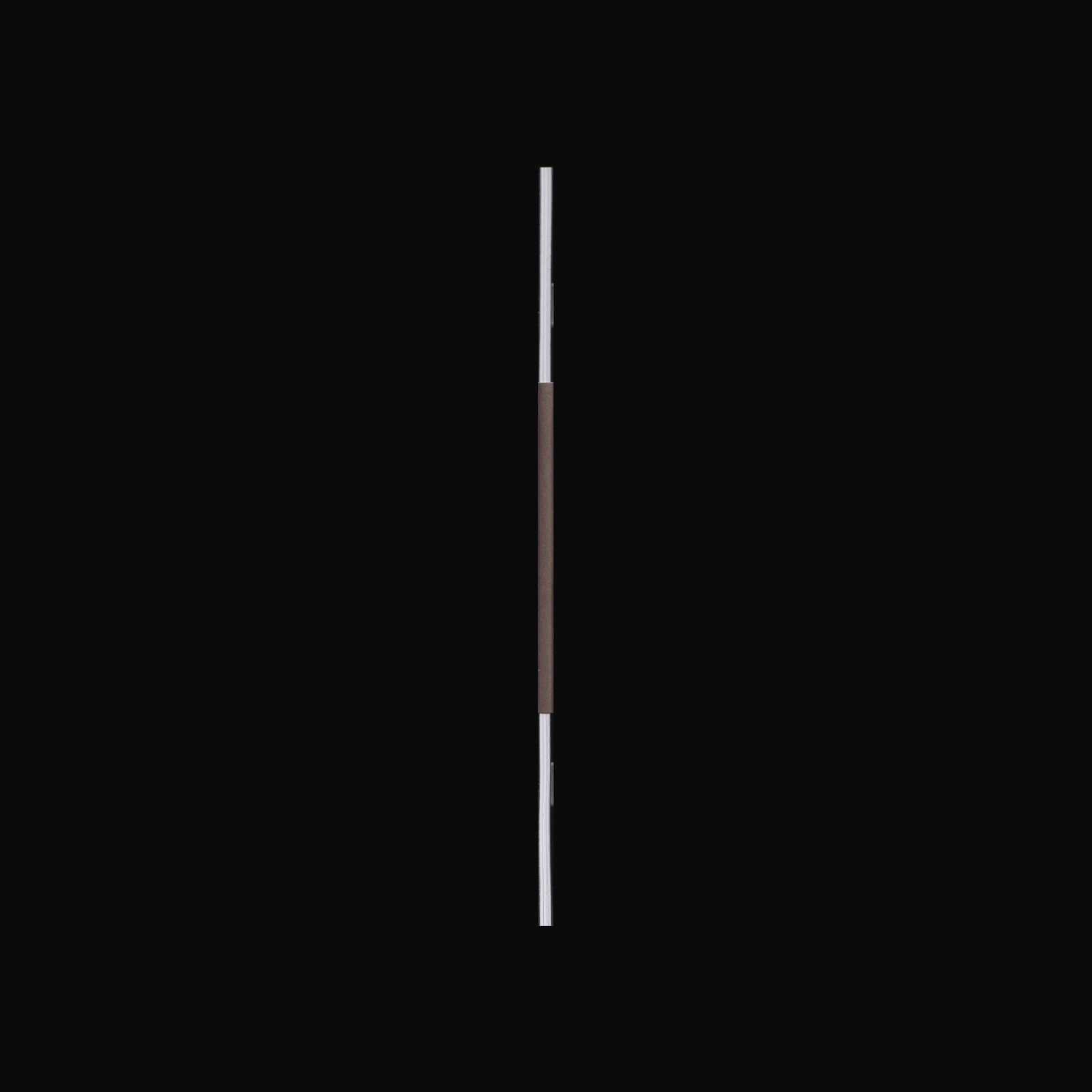
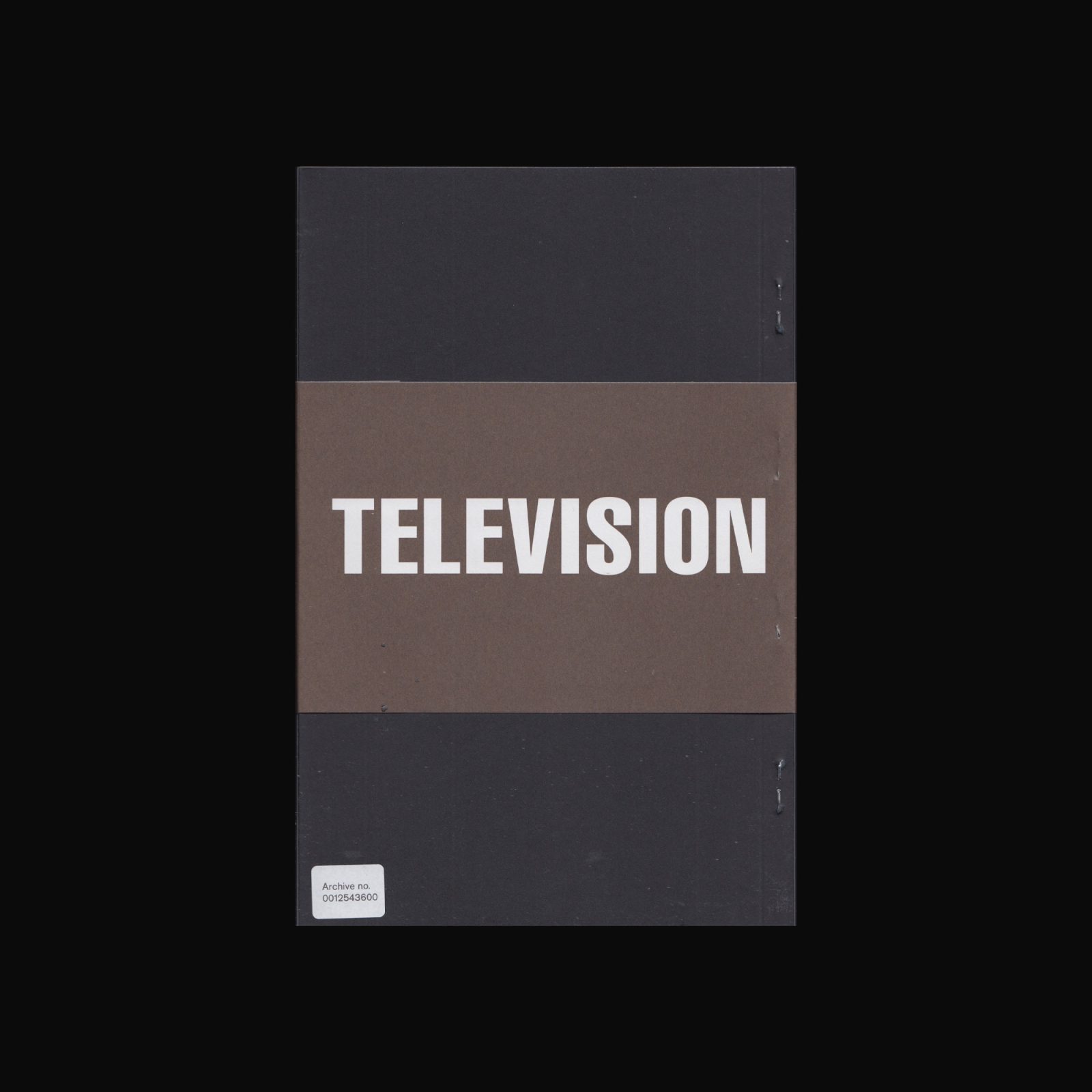
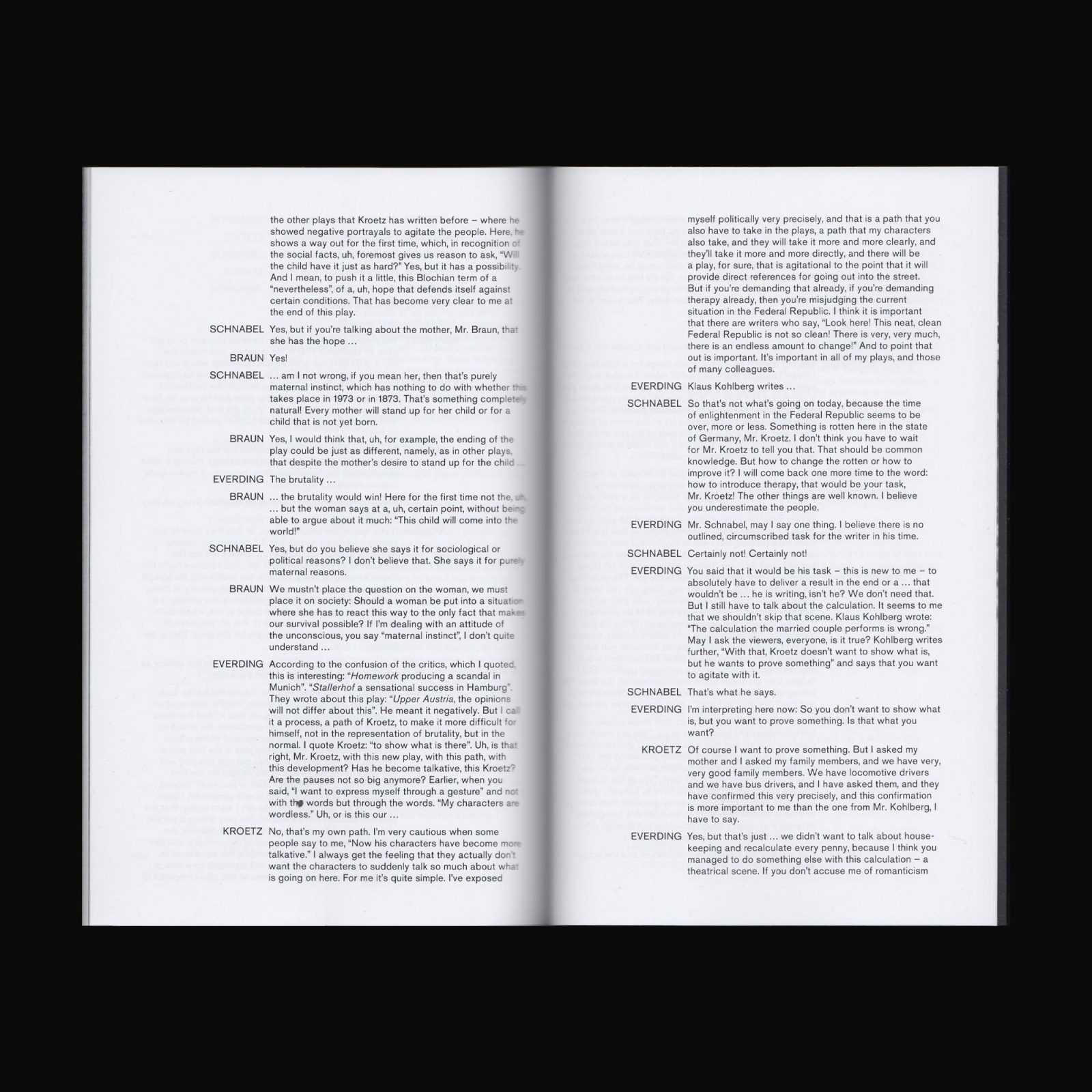
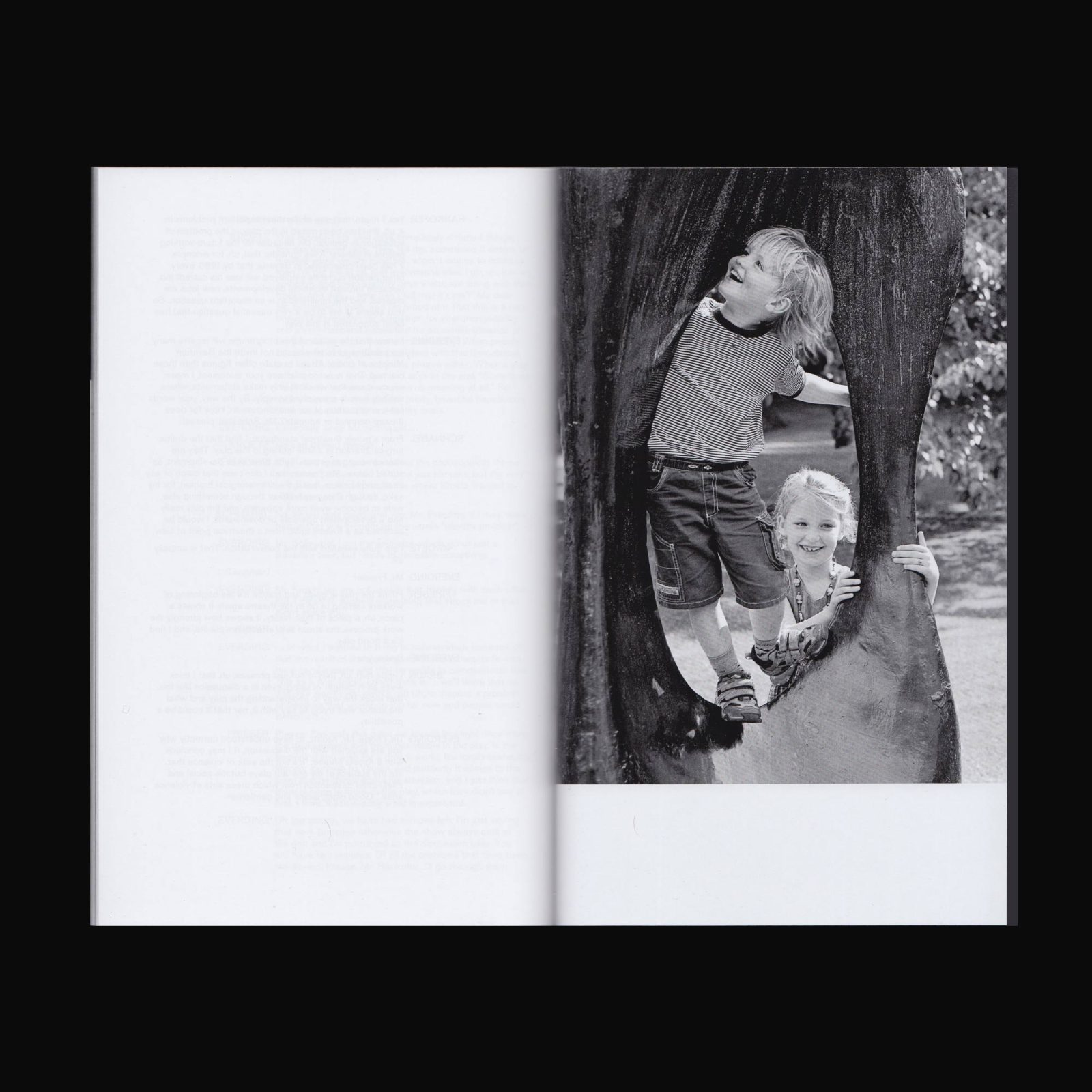
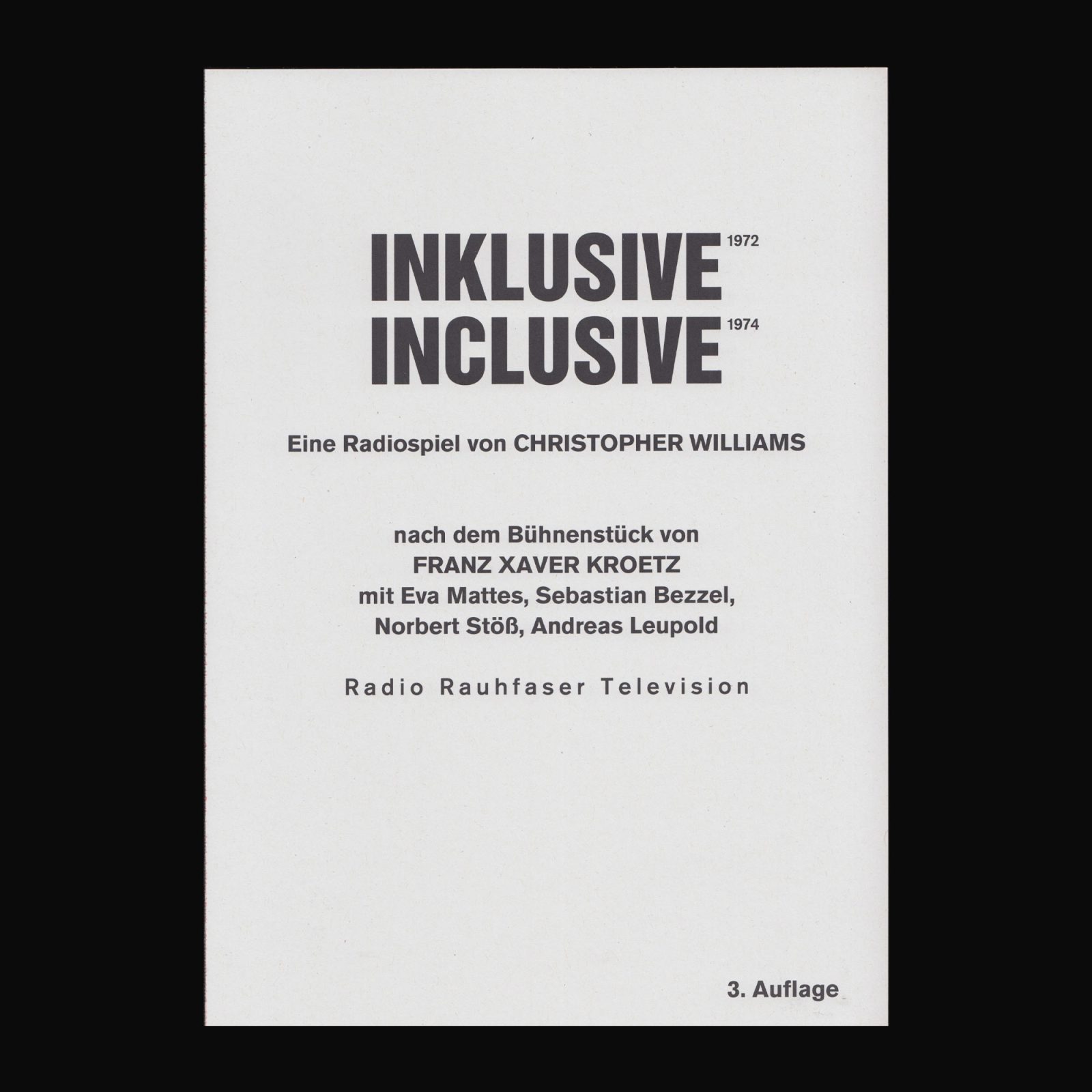
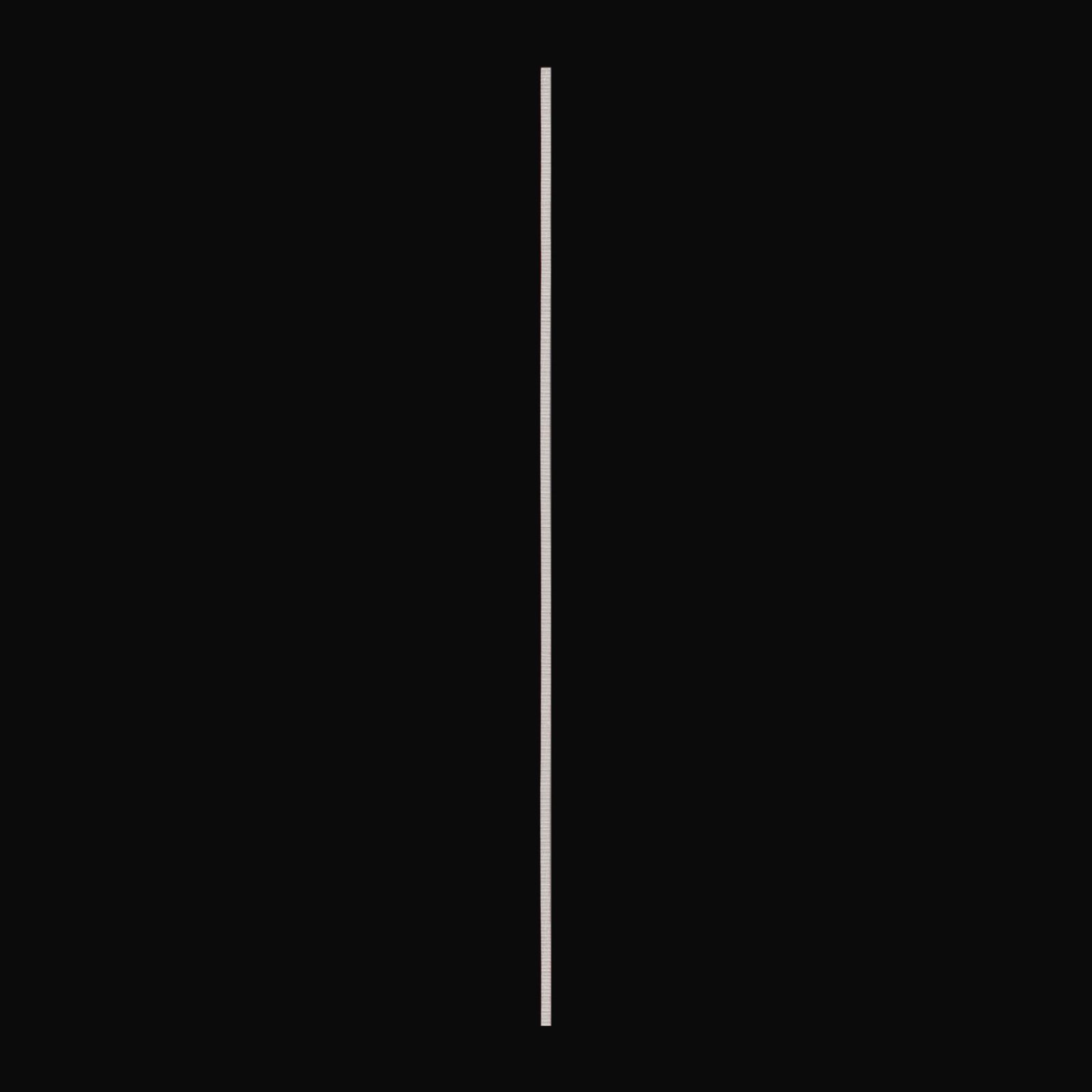
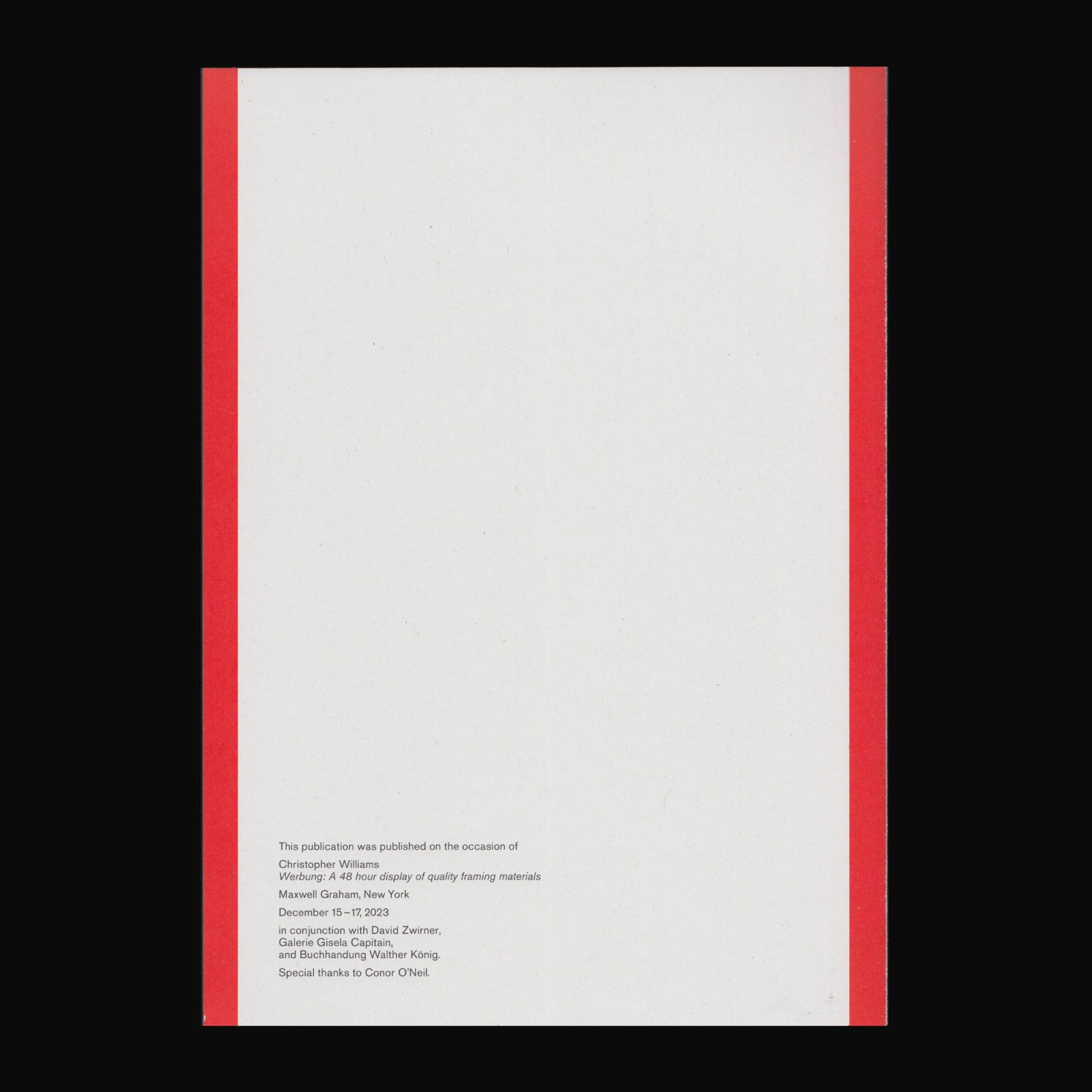
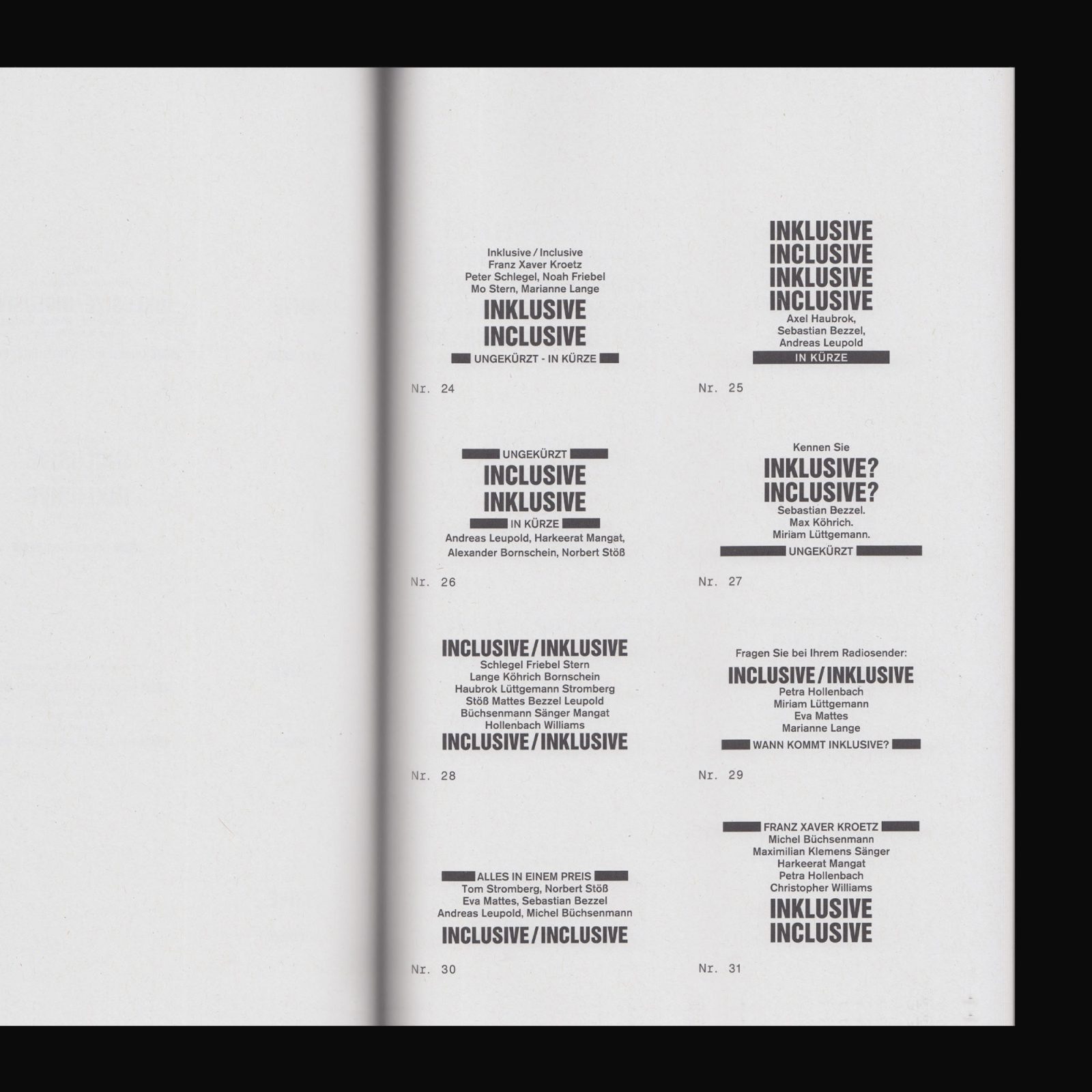
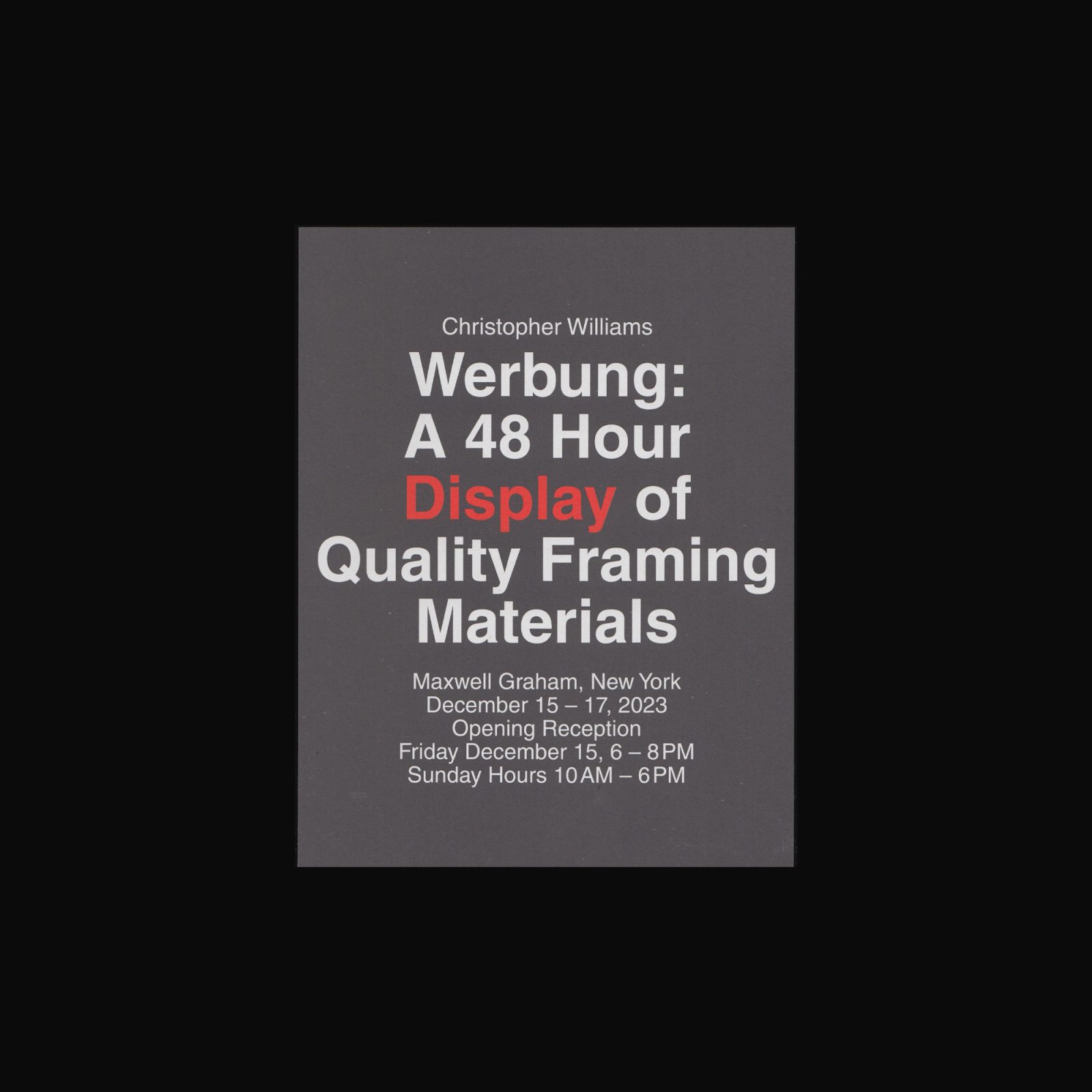
Produced on the occasion of Christopher Williams: Werbung: A 48 hour display of quality framing materials at Maxwell Graham, New York, 15 – 17 December, 2023, which presented for the first time, Provisional Prop: Formal Public Disclosure and marked the announcement of the availability of Christopher Williams’ adaptation of Franz Xaver Kroetz’s 1971 play Inklusive for broadcast on radio, along with wall coverings, radio, printed matter, picture frames, photographs, films, and arrangements. Presented within a 48 hour time frame, these elements constitute a staging of materials for submission to the public record.
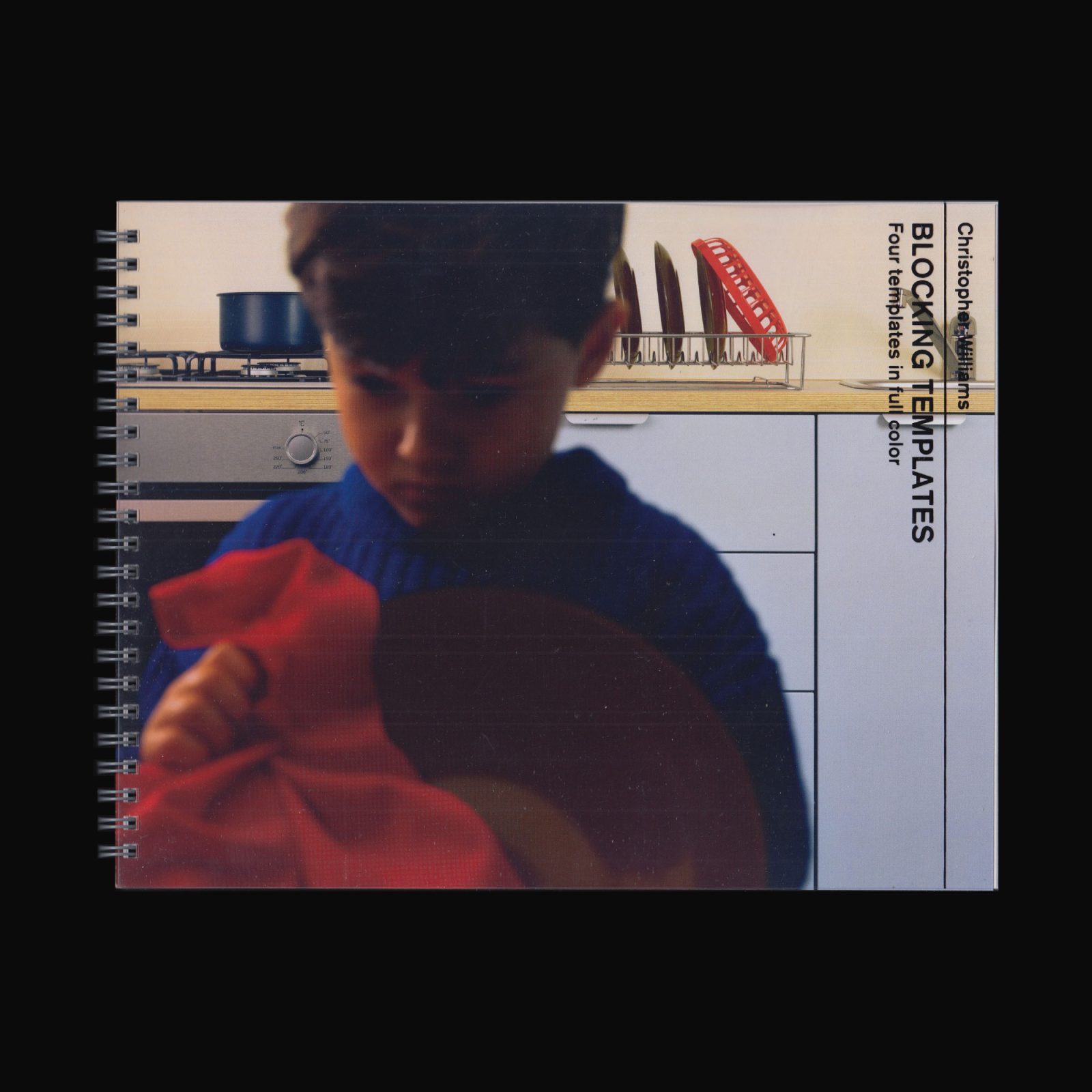
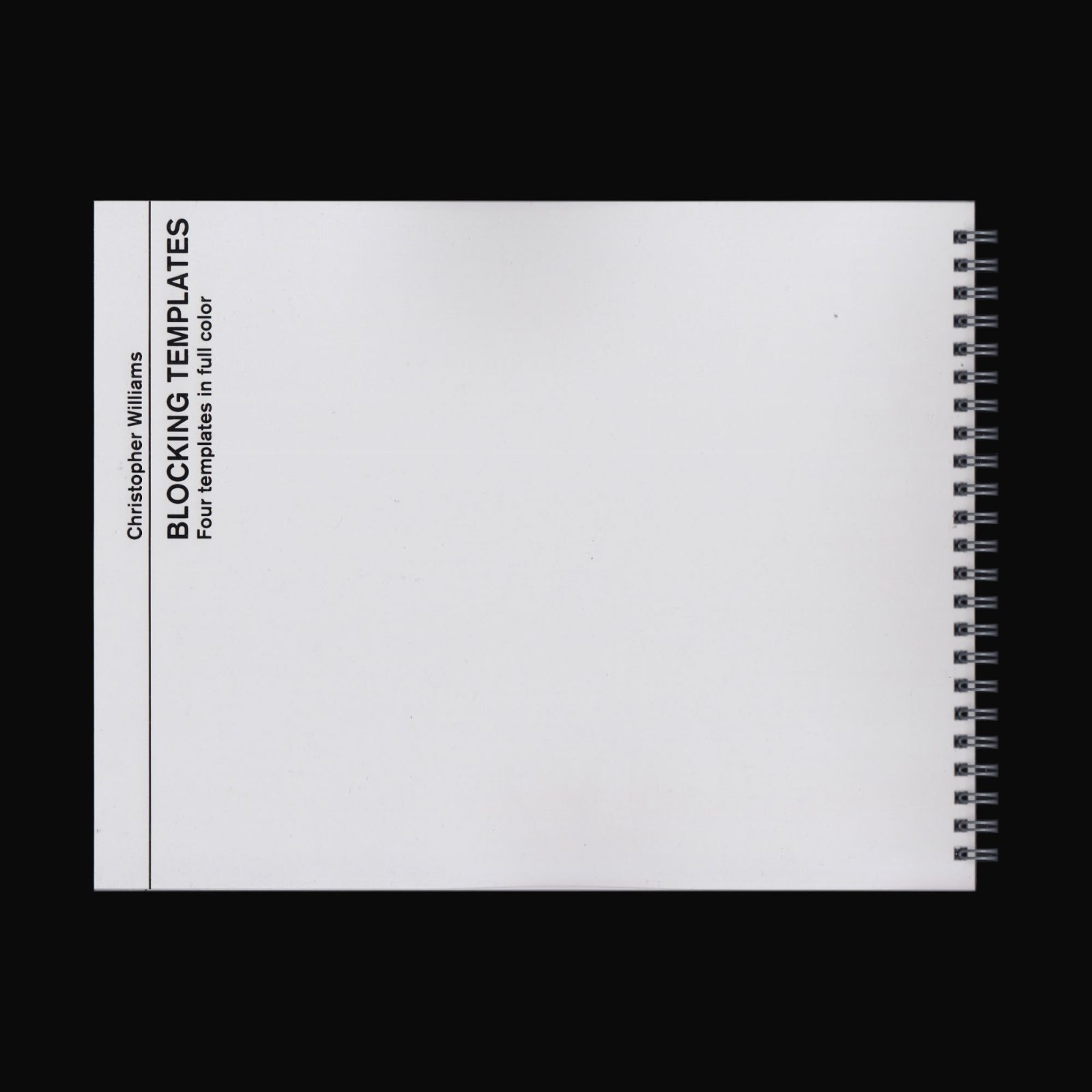
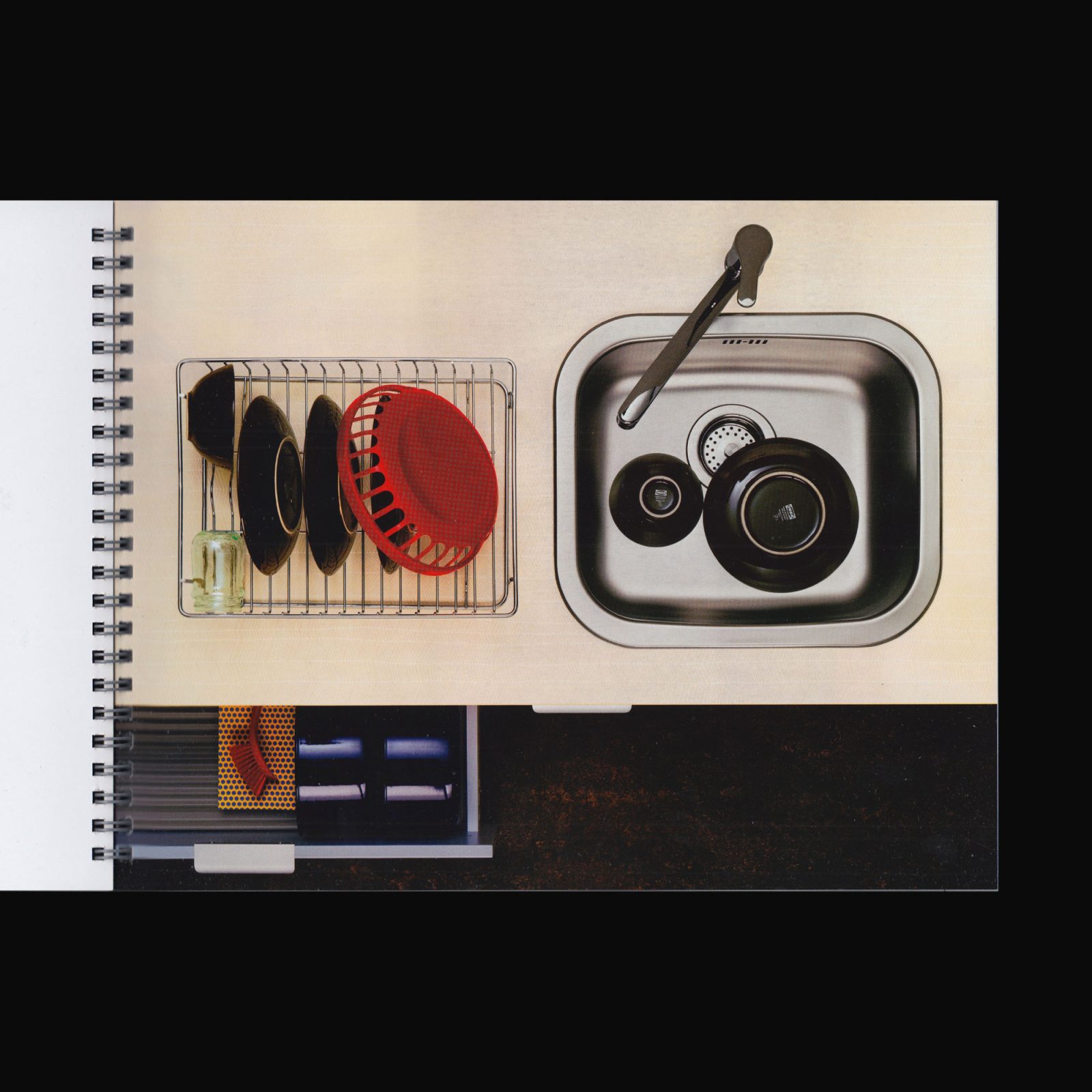
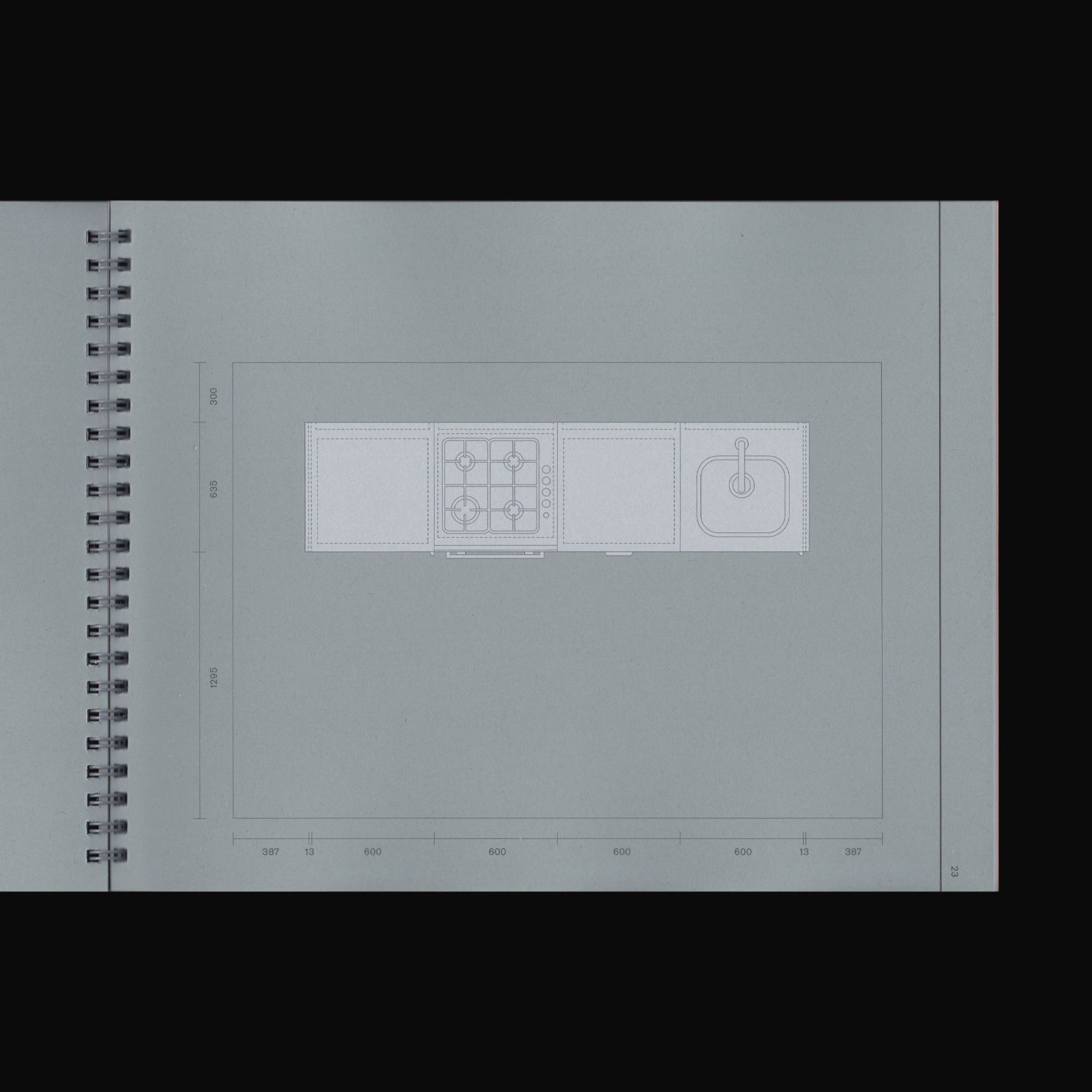
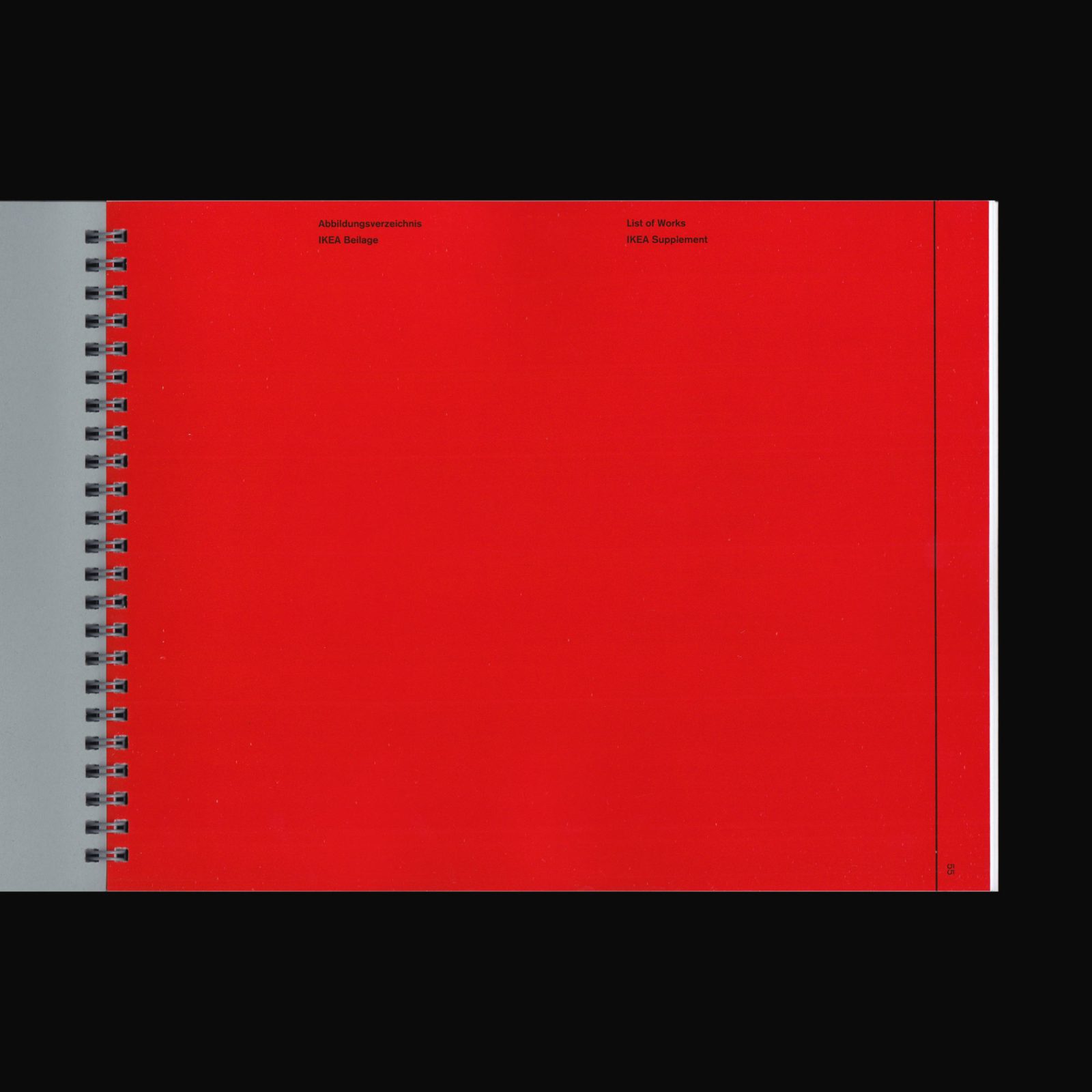
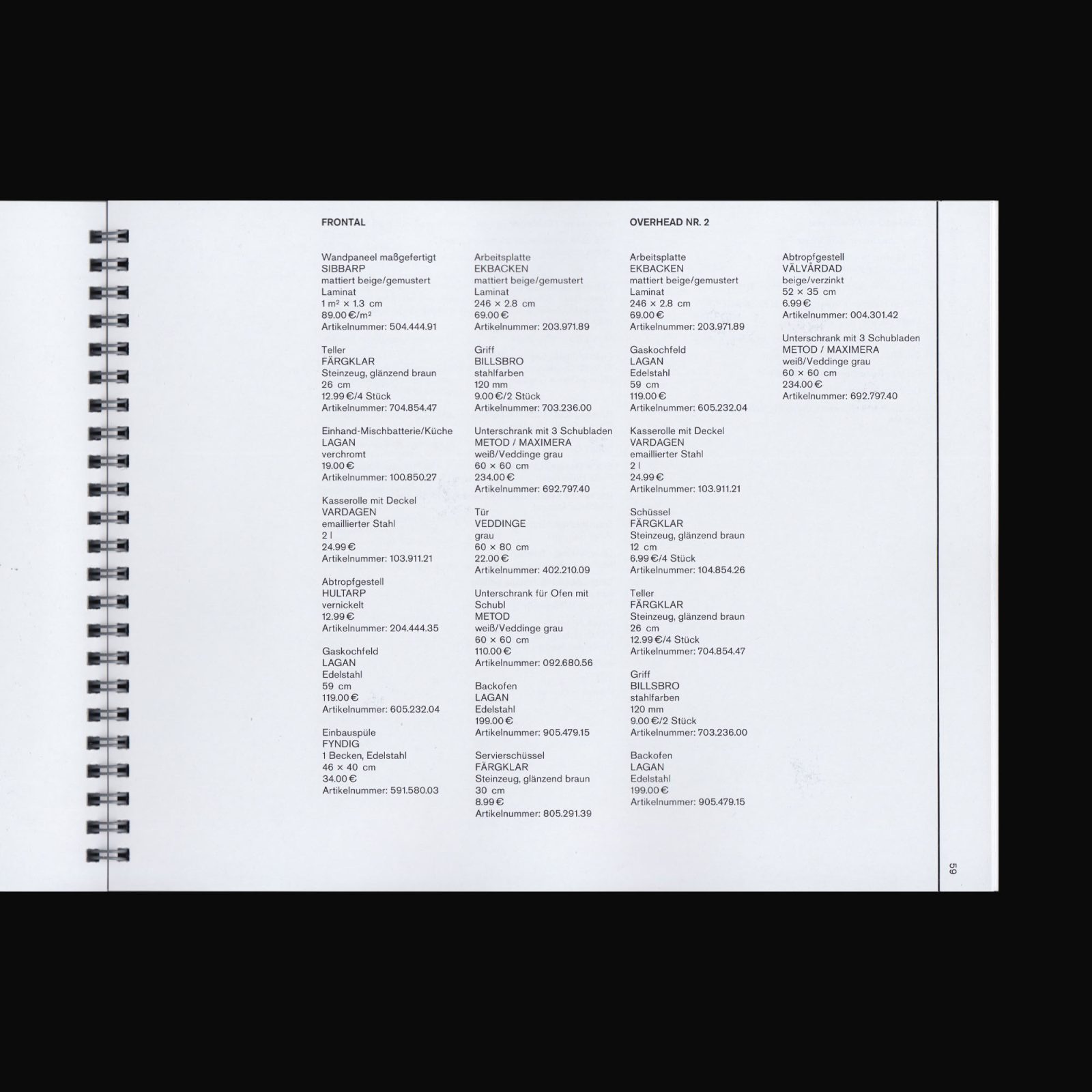
Produced on the occasion of the exhibition Heimarbeit. Adapted for use. IKEA Küchen Ensemble by Christopher Williams at Galerie Gisela Capitain, Köln, 16 November, 2023–27 January, 2024.
As stated in the brochure for the exhibition: “This IKEA Küchen ensemble, this set, this arrangement of props. Organized for the production of conventional forms. These forms contribute to a typological study of the photographic image. Frontal, overhead, 3/4 shots.The building blocks.”
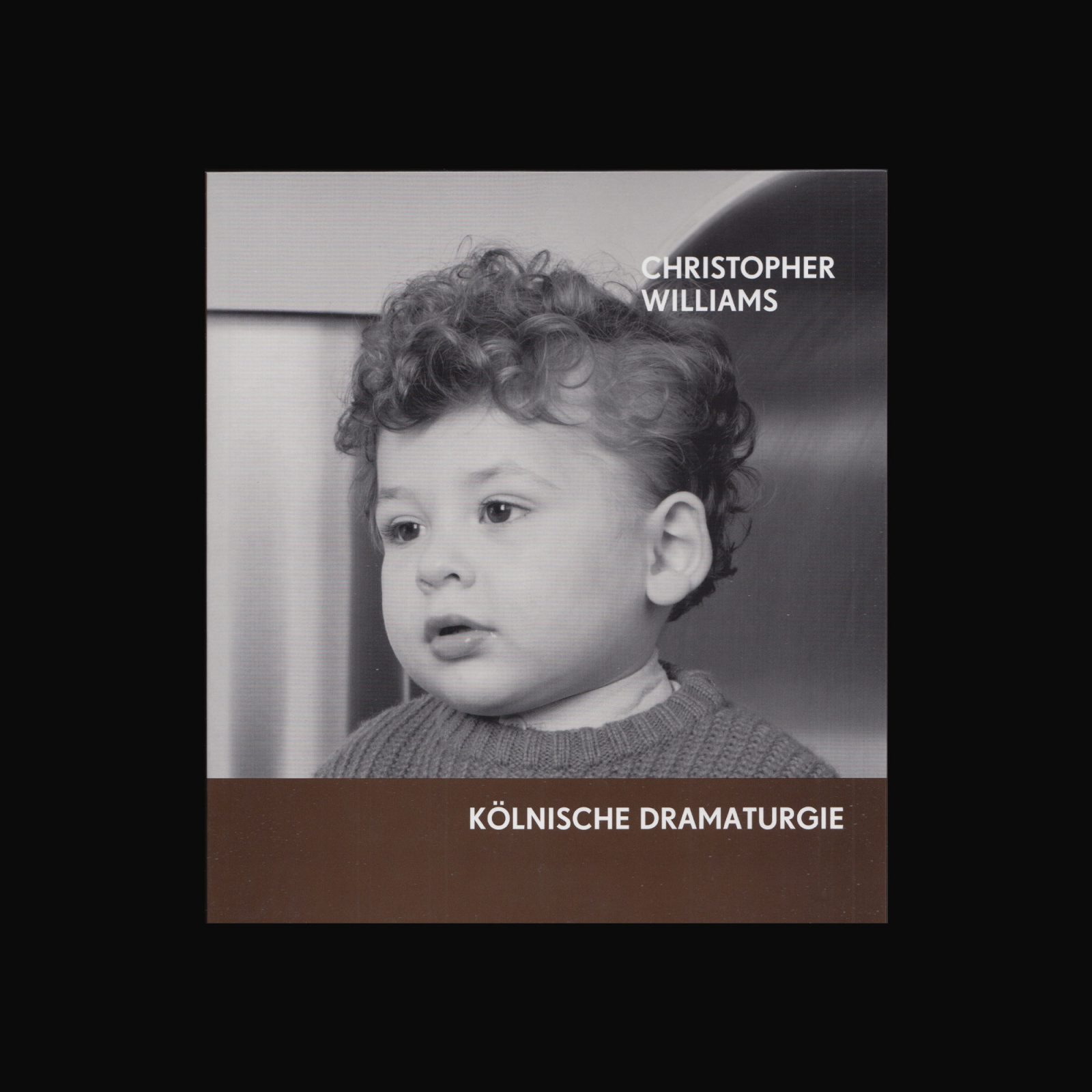
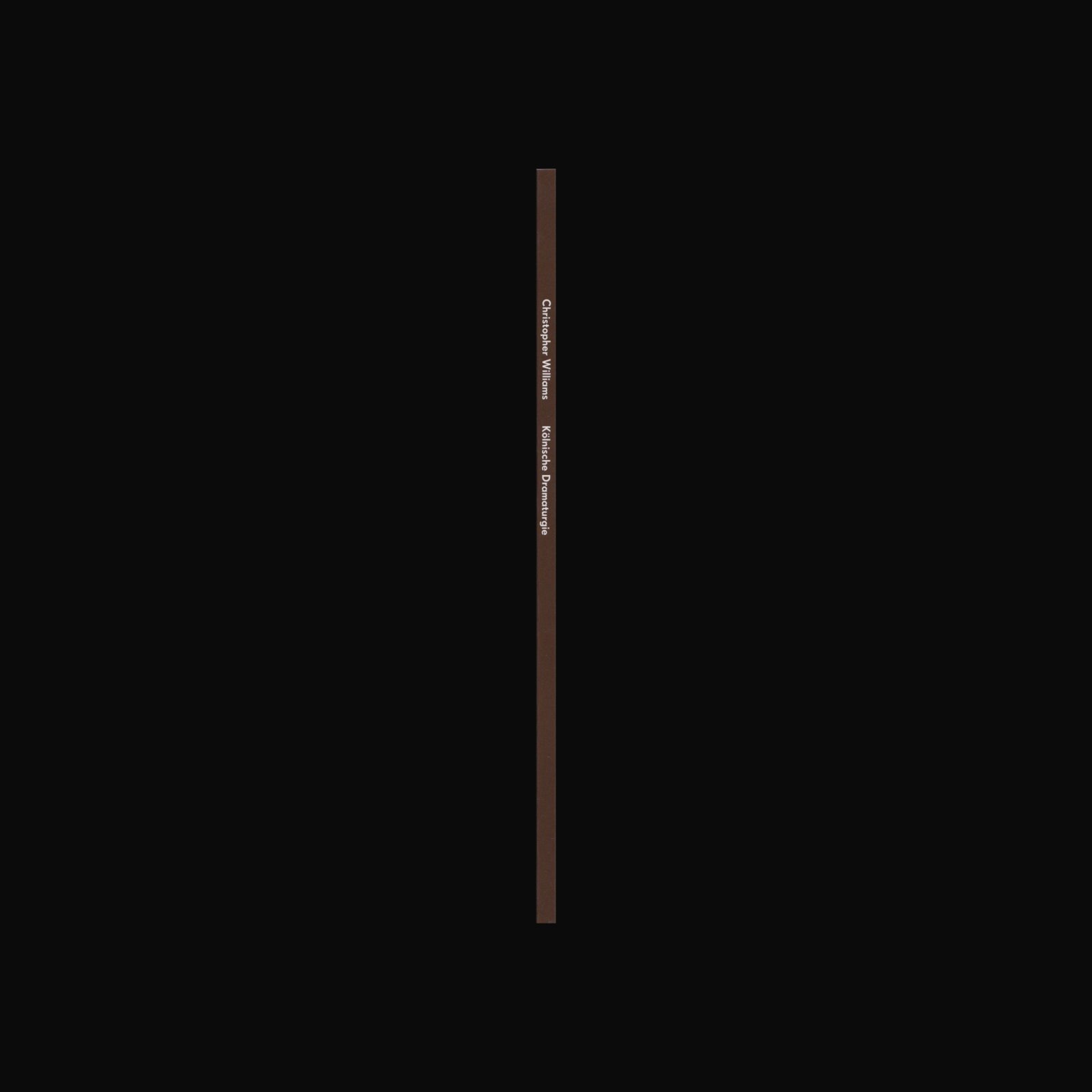
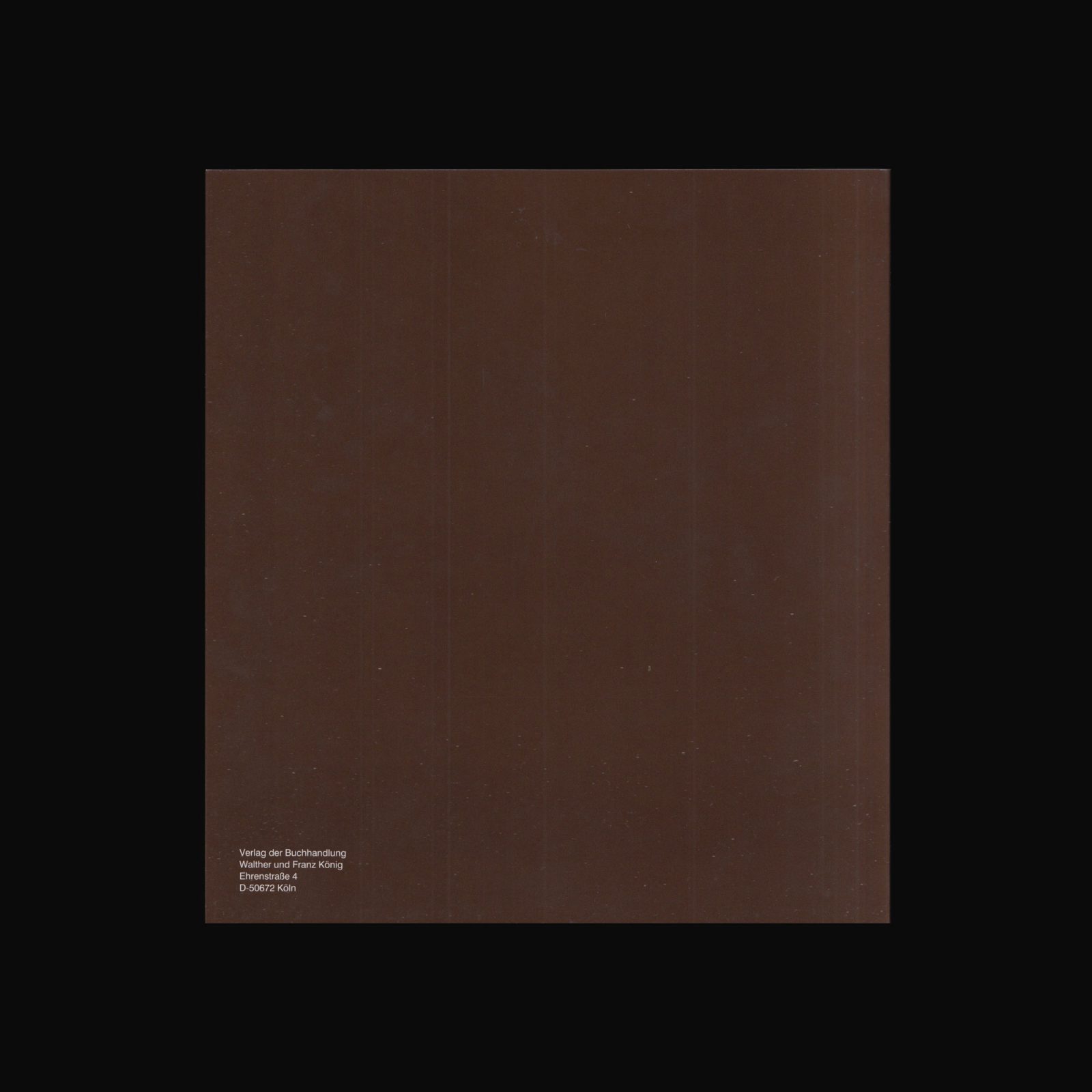
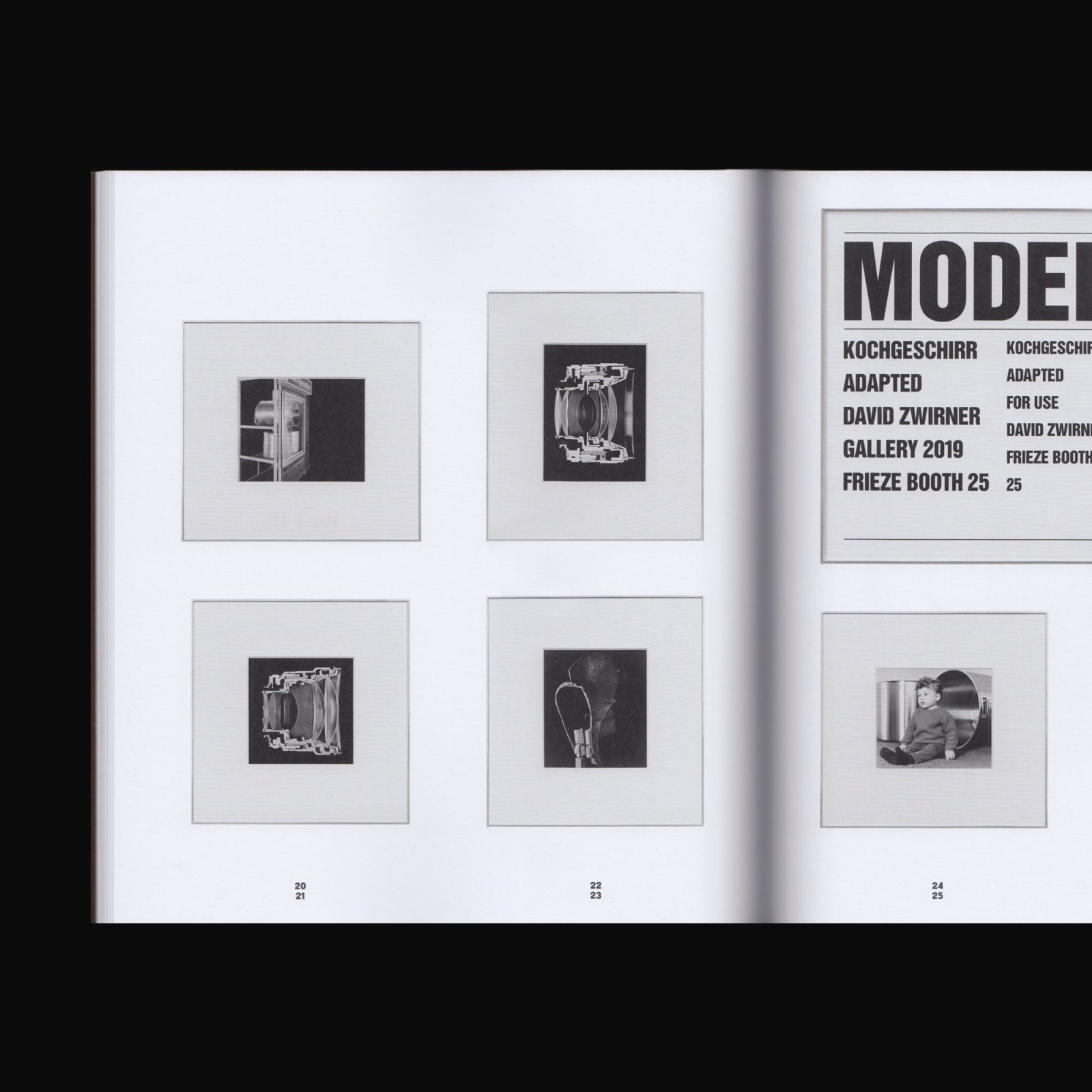
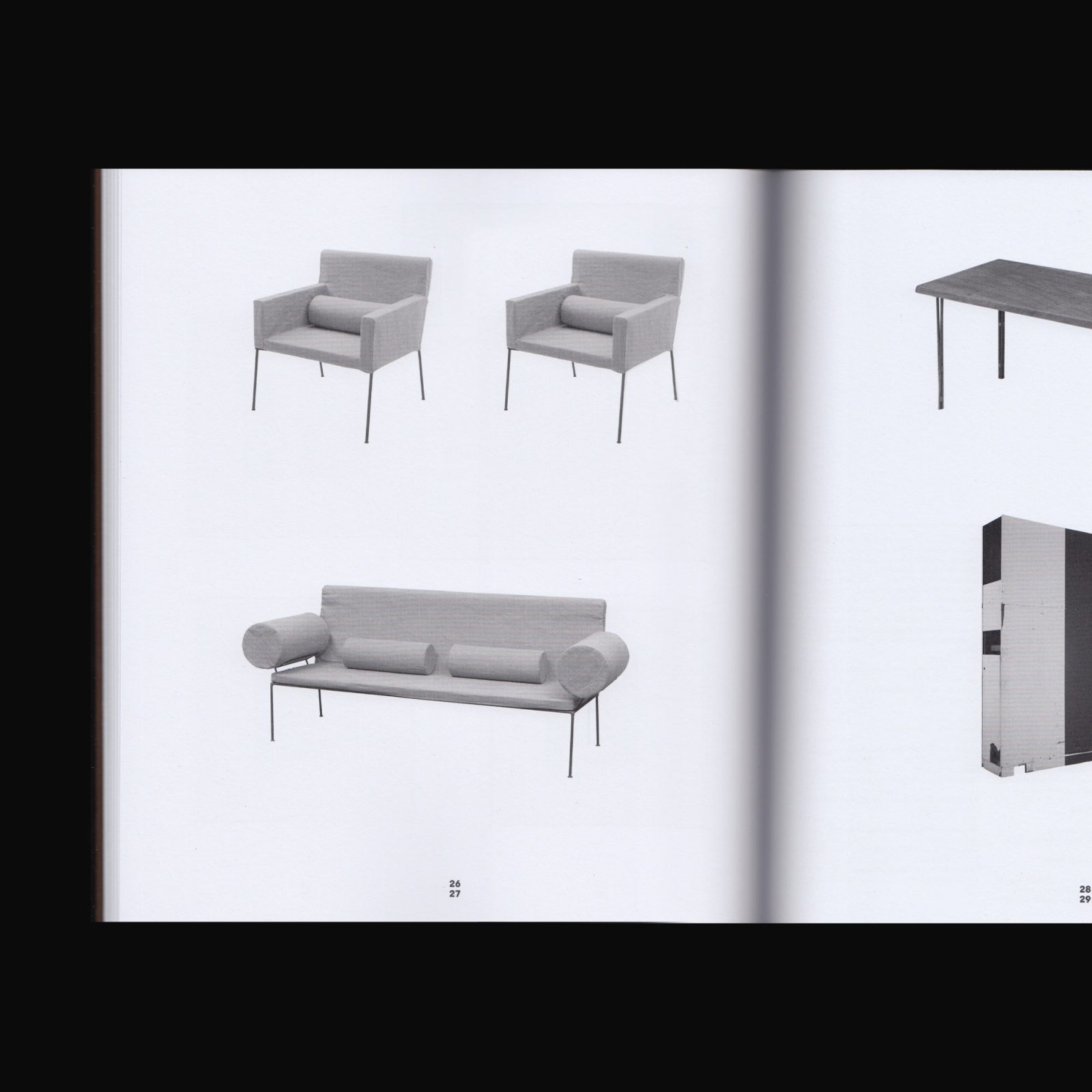
With a text by Tom McDonough.
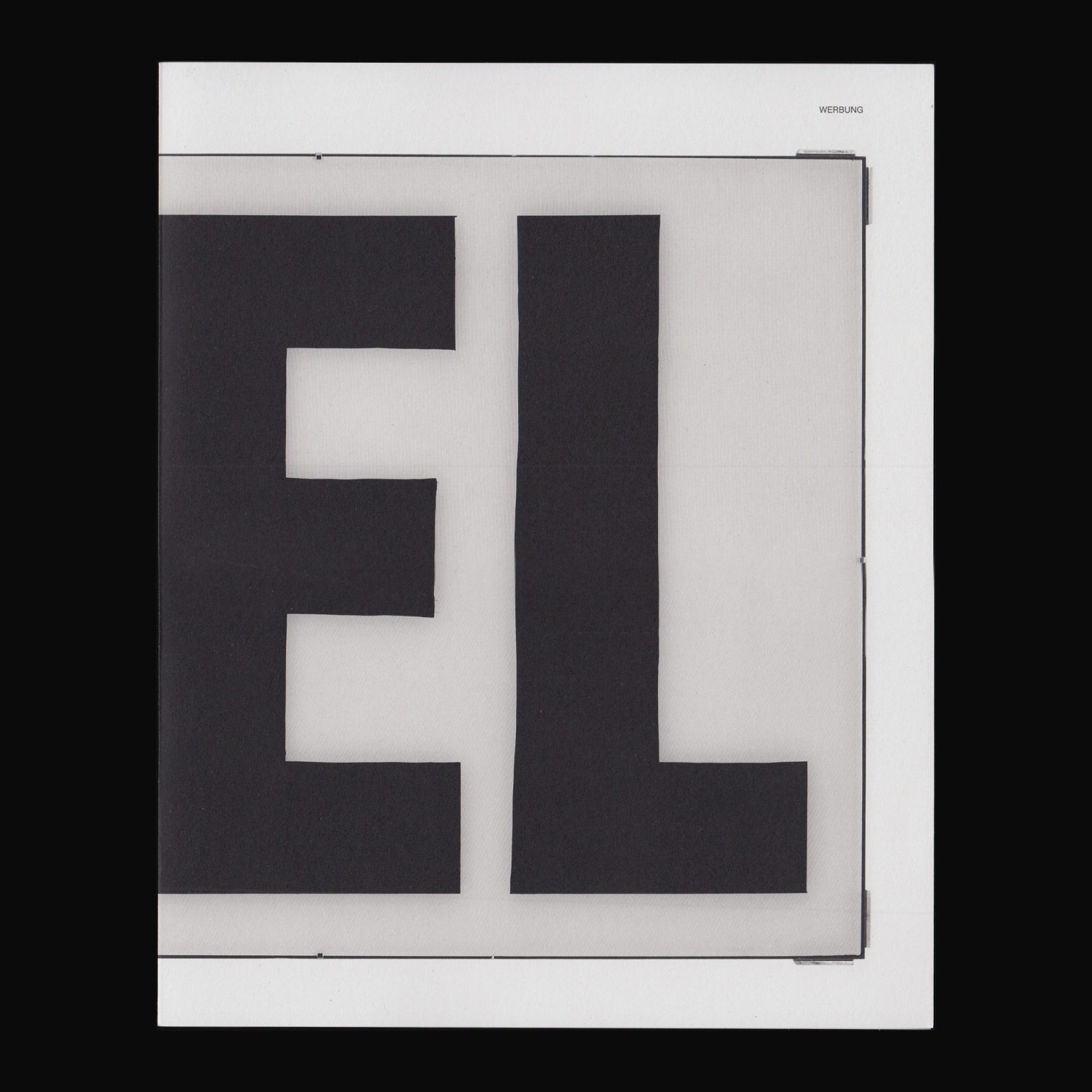
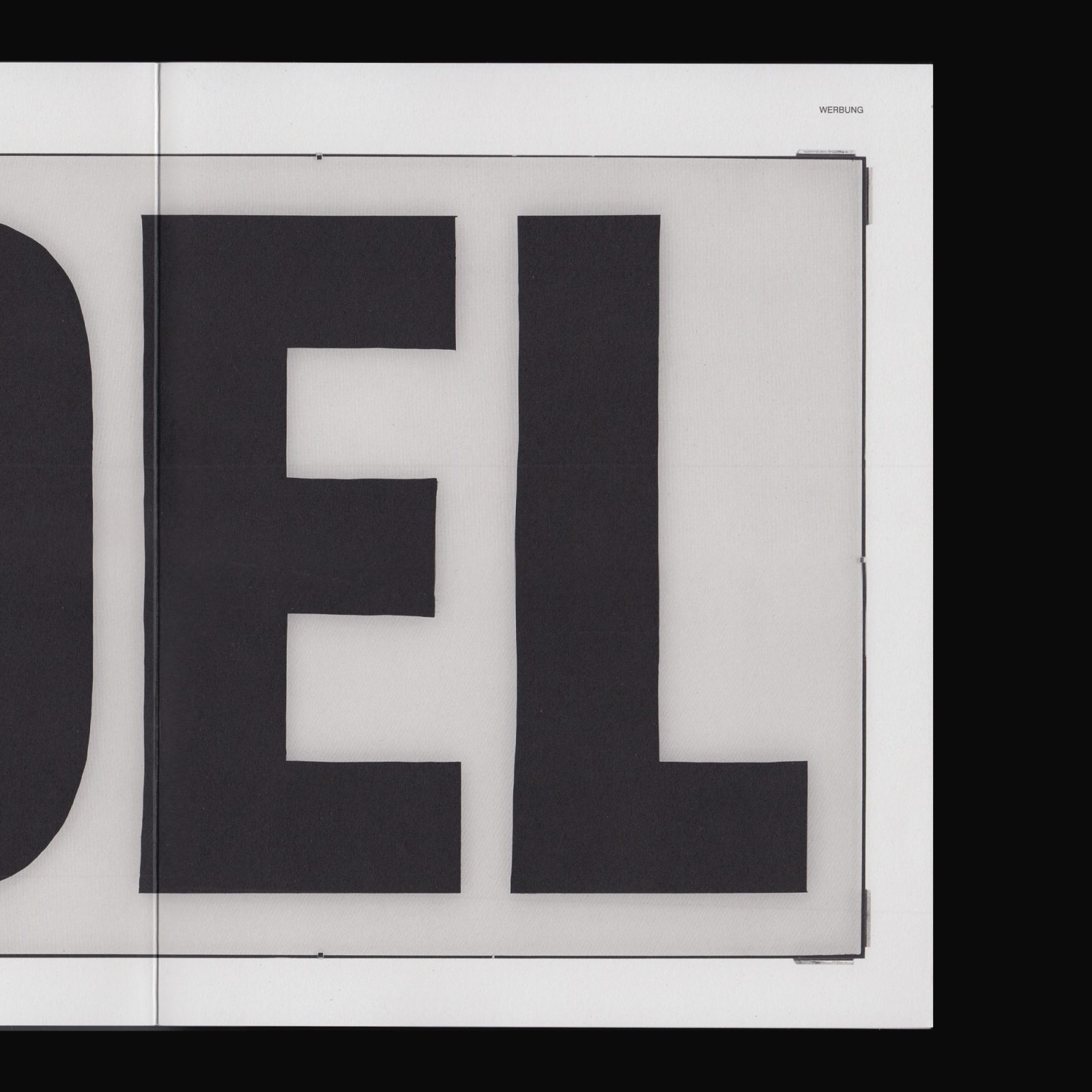
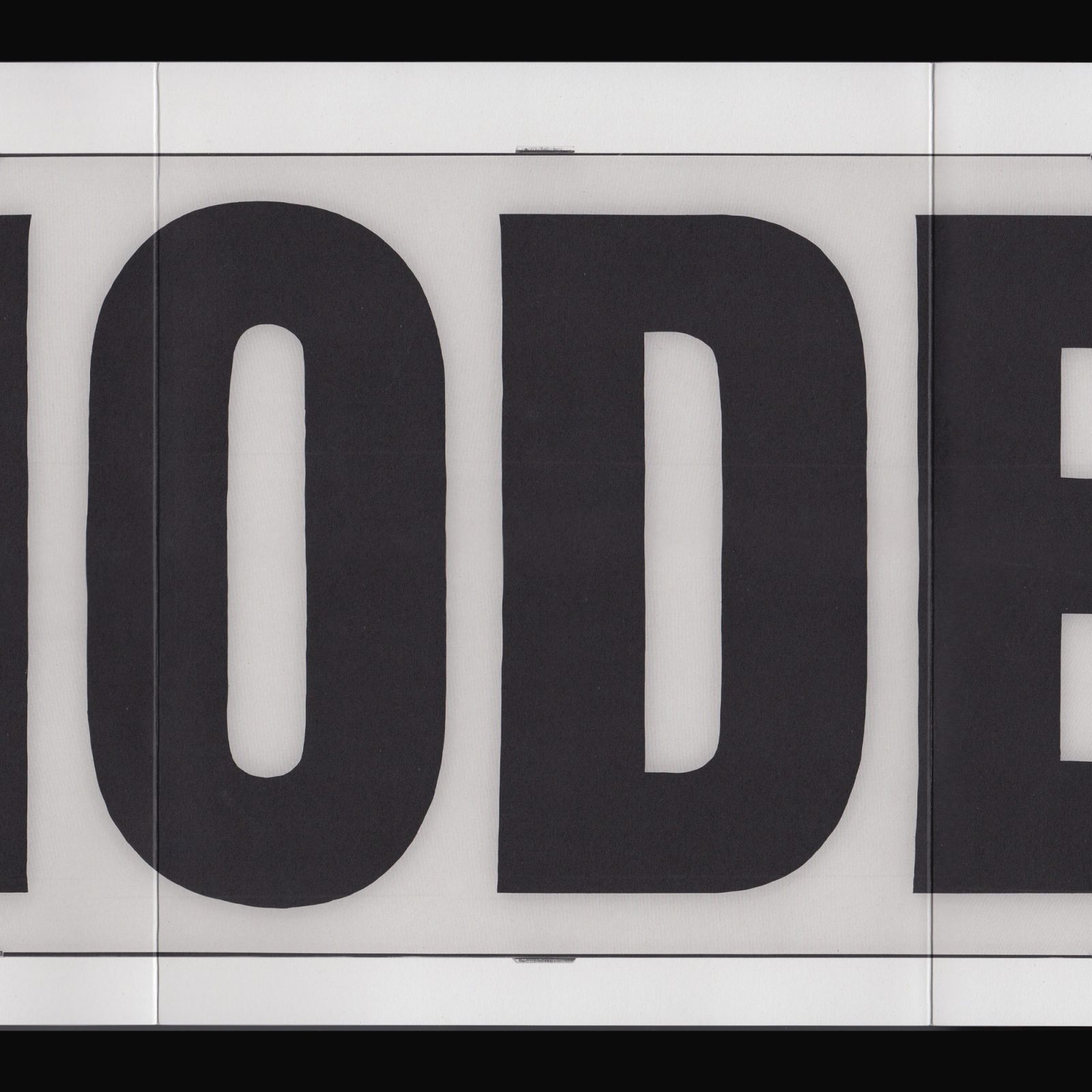
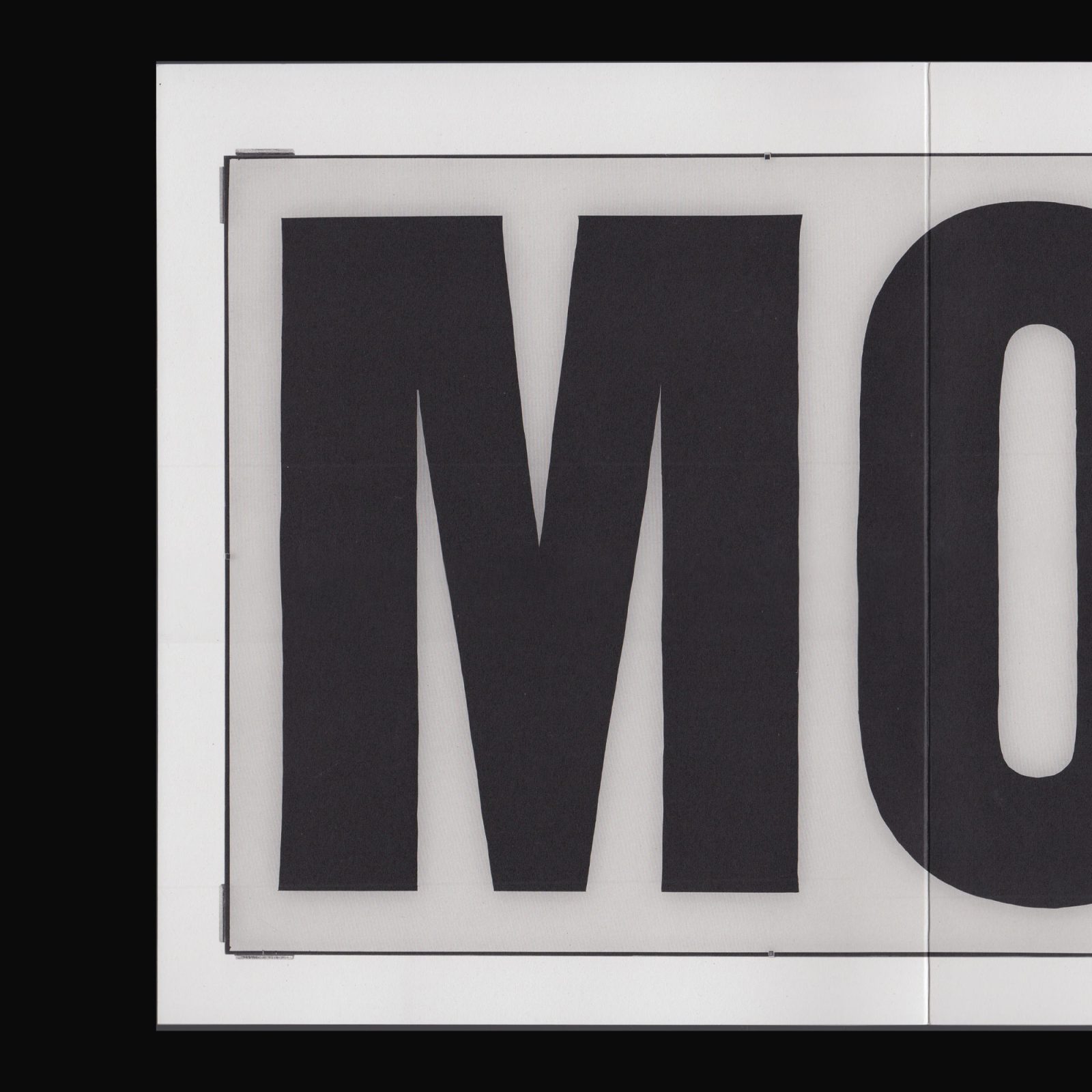
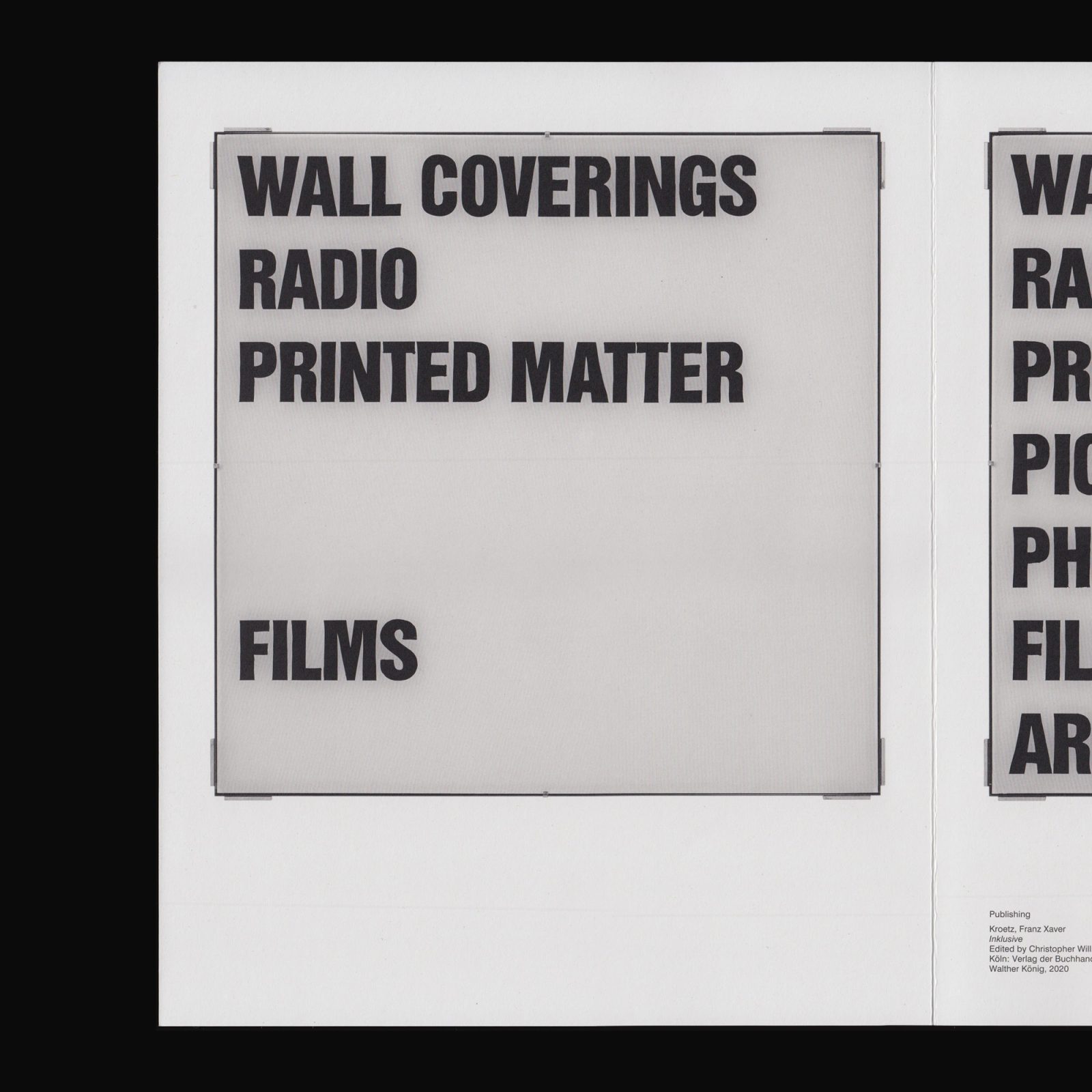
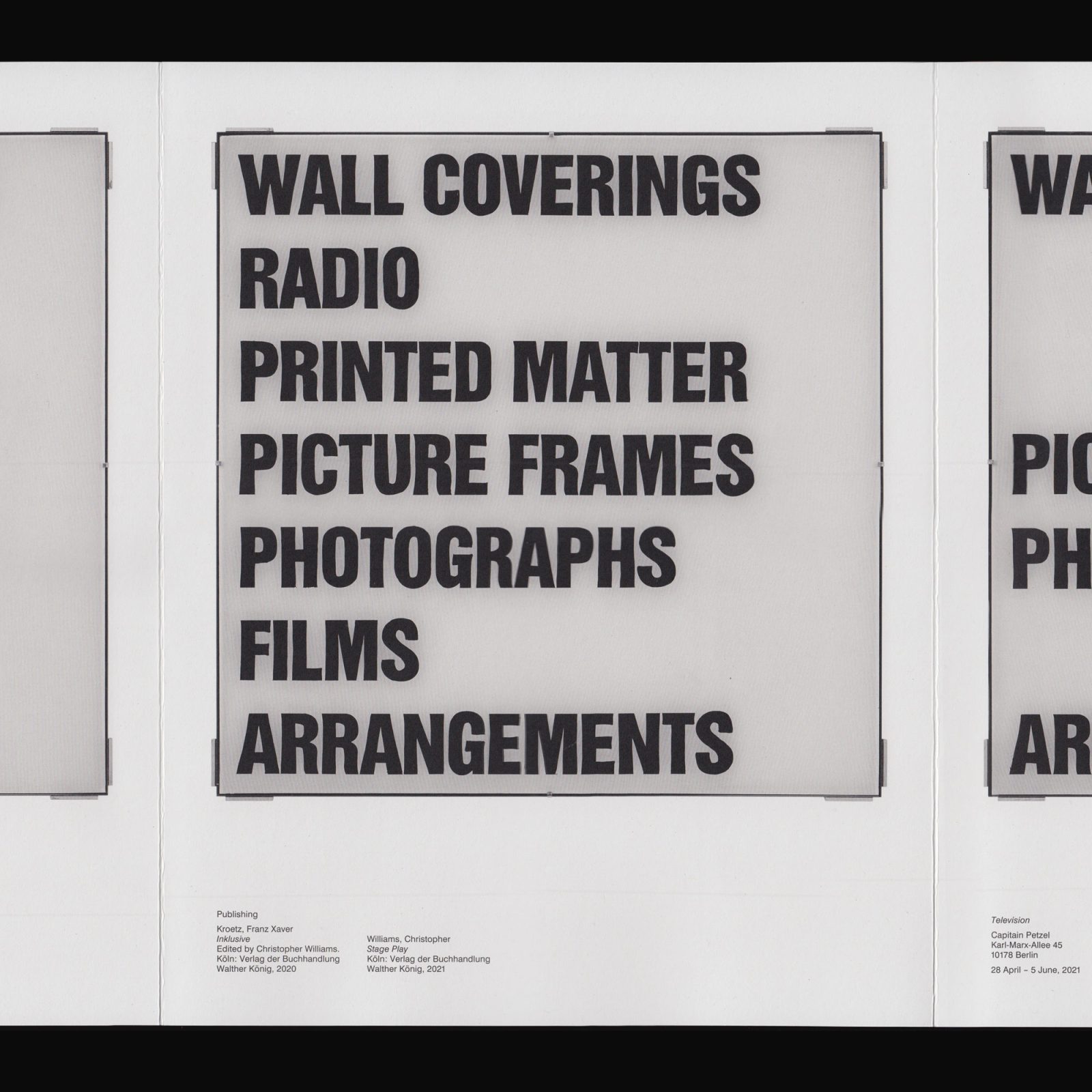
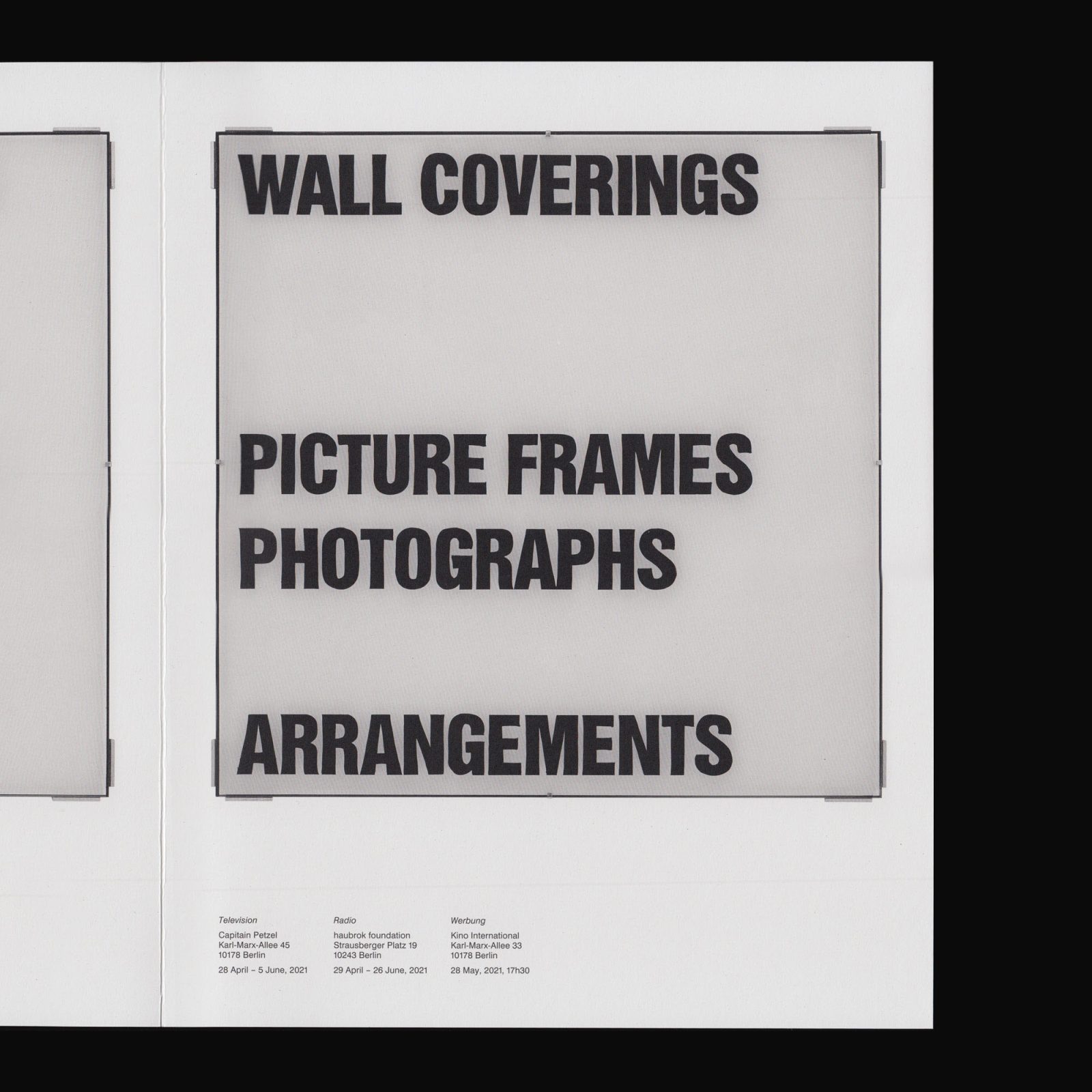
Produced on the occasion of Christopher Williams, Werbung: Adapted for Use and Provisional Prop. A 48-Hour Display of Quality Framing Materials, 29 April–27 June, 2021, Strausberger Platz 19 & Kino international, Berlin; Werbung: Adapted for use, 29 April–24 June, 2021, Haubrok Foundation, Strausberger Platz 19, Berlin; Provisional Prop, screening: 25 June, 2021, 5.30 pm, Kino International, Berlin; Kochgeschirr: Adapted For Use, 28 April–17 July, 2021, Capitain Petzel, Berlin.
A video documenting the exhibition can be seen here.
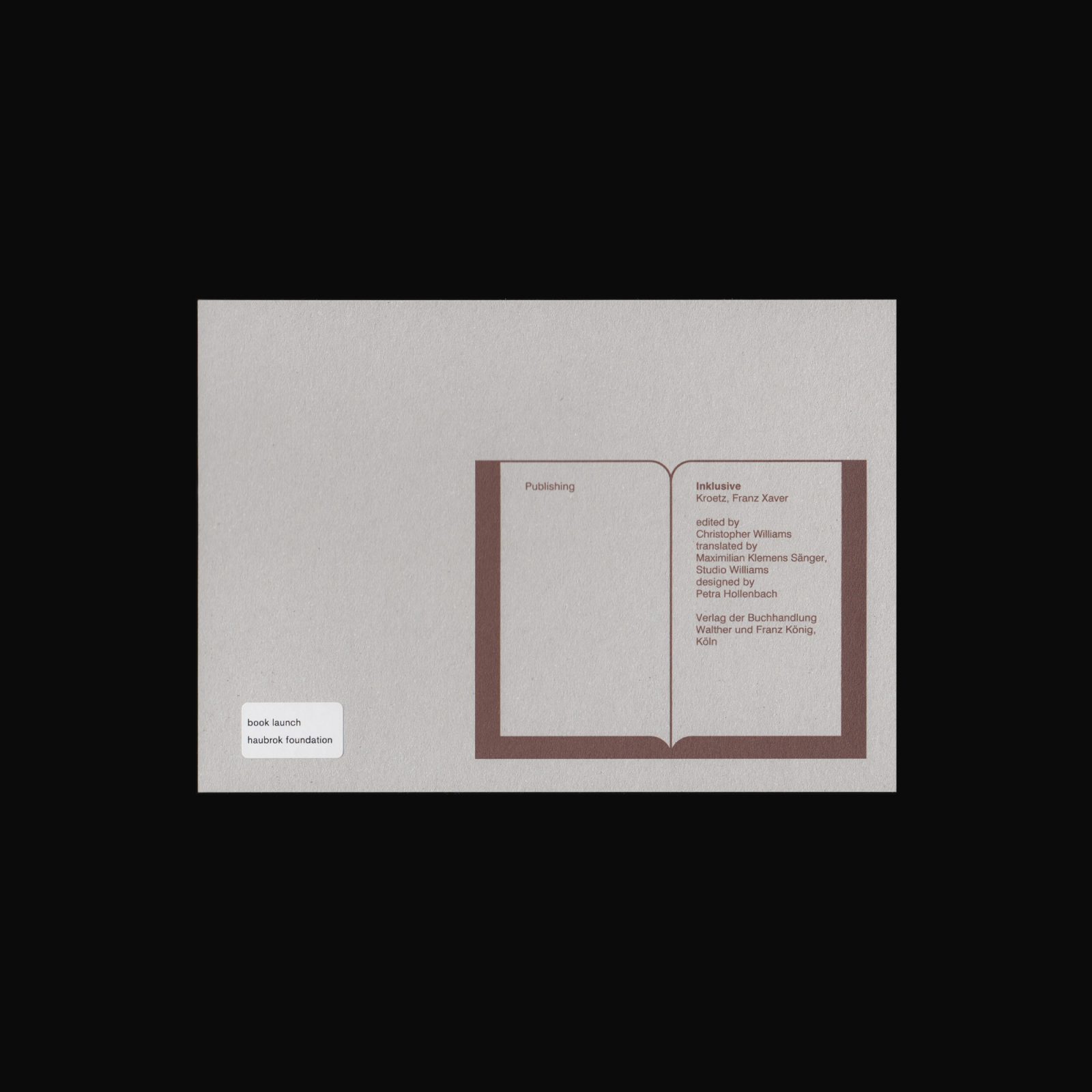
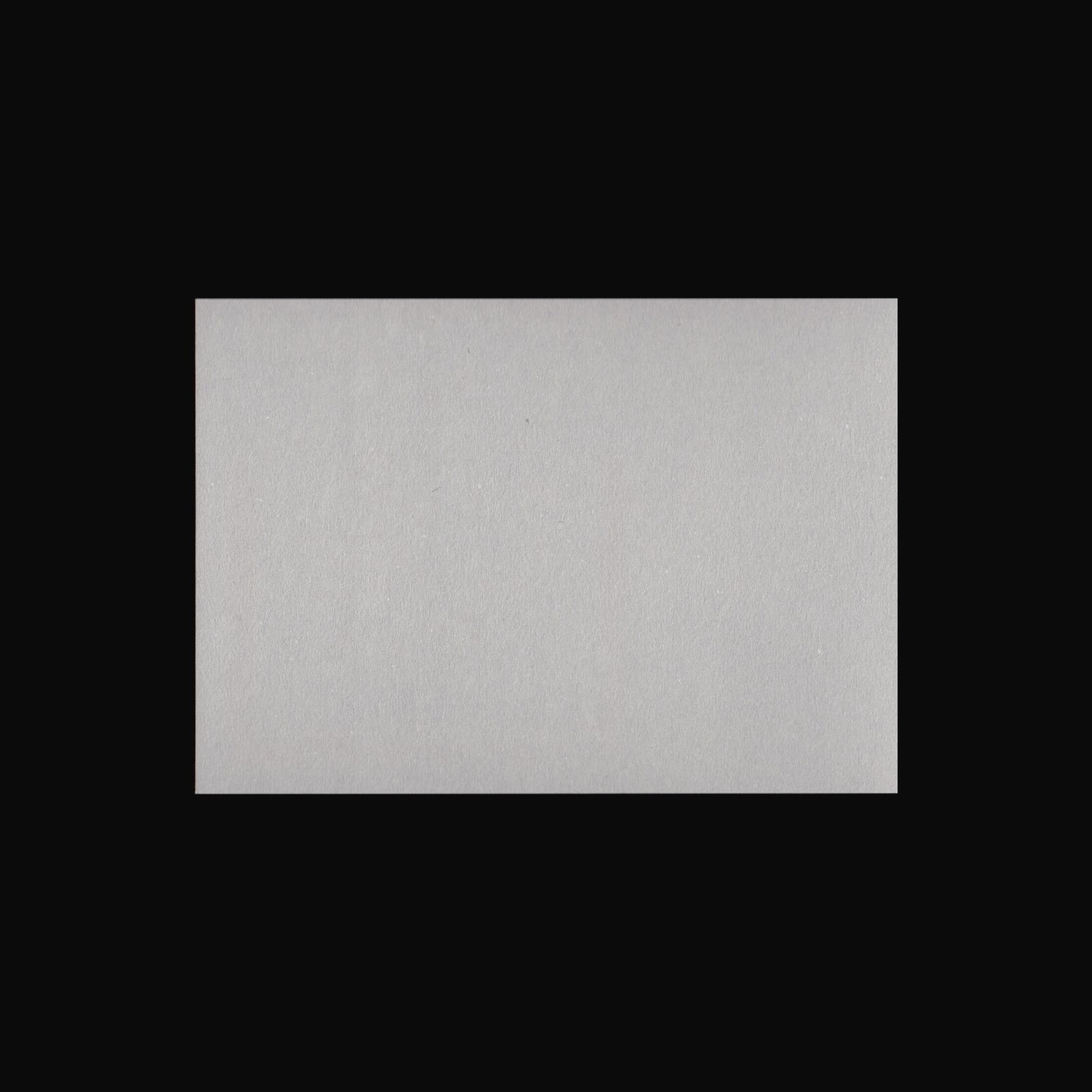
Card produced on the occasion of the publication and book launch for Christopher Williams publication Inklusive: Franz Xaver Kroetz 1971.